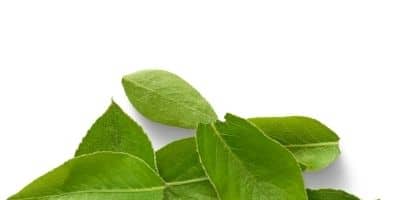We are aware of the joint responsibility for the condition of our planet. We take an active part in it respecting nature and using ecological solutions in the production process.
How do we do it?
- According to the World Wide Fund, as much as 2,700 liters of water are needed to produce one cotton T-shirt. It is therefore important that the clothing we wear is of high quality and durable. For this reason, we sew and mark exactly such clothes that can serve us for years.
- We use the OEKO-TEX certificate, which guarantees that our products are harmless to human health and have been manufactured in socially responsible workplaces.
- We reduce the emission of chemicals to the environment thanks to an automatic line for washing screens.
- We use ecological paints for prints, safe even for children.
- We pack ready-made clothes in fully recyclable packaging.
- We apply a policy of minimum waste: we produce as many goods to order as is necessary for implementation; we do not send empty packages; we adjust the size of the package to the order.
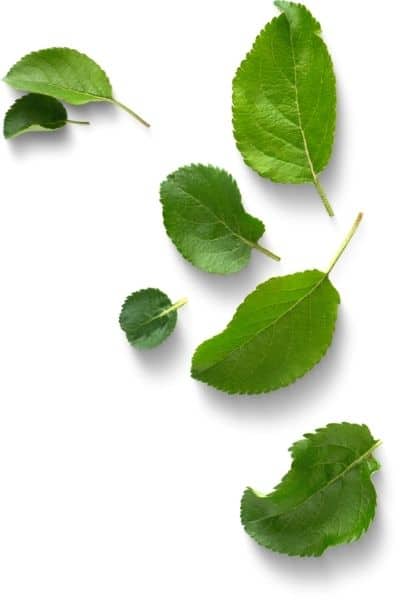
Certificates
Below are the certificates that we and our suppliers use.
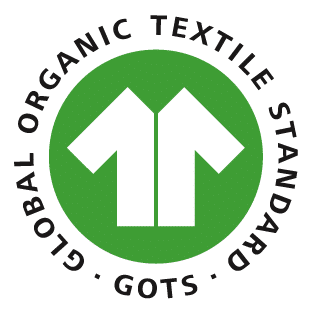
GLOBAL ORGANIC TEXTILE STANDARD (GOTS)
This standard guarantees that the certified products have been manufactured with respect for the natural environment and employees’ rights. This means that they are high-quality organic textiles that do not contain harmful substances, and everyone involved in the creation of the product has taken social and environmental responsibility.

OEKO-TEX - ECO PASSPORT
It concerns chemicals used in textile production, such as dyes, optical brighteners, antistatic agents, adhesives or cleaning agents. Eco Passport labeled chemicals meet the requirements for sustainable textile production.
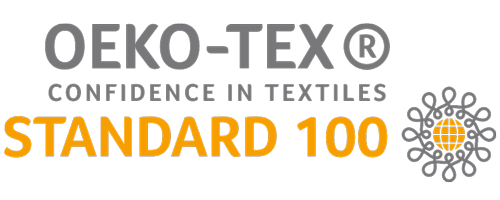
OEKO-TEX - STANDARD 100
It guarantees that the products are free from substances that adversely affect human health. The tests verify the presence of the 100 most dangerous substances that threaten consumers.

OEKO-TEX - MADE IN GREEN
Certificate for textile products that have been sustainably produced and tested for harmful substances according to Oeko-Tex criteria. In particular, textile products (and their individual components) must pass the tests for compliance with the requirements of the Oeko-Tex Standard 100 standard, then the production plant must pass an audit for the STeP certificate – by Oeko-Tex.
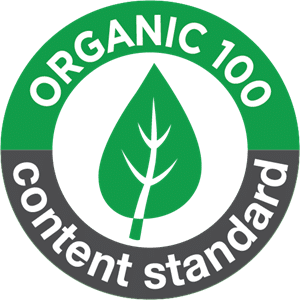
ORGANIC CONTENT STANDARD 100
It is an international standard that verifies the content of organic fibers in a finished product. It includes supply chain certification. This means that in order for the final product to be sold as certified, it must meet the OCS requirements at every stage of obtaining and processing the raw material.
